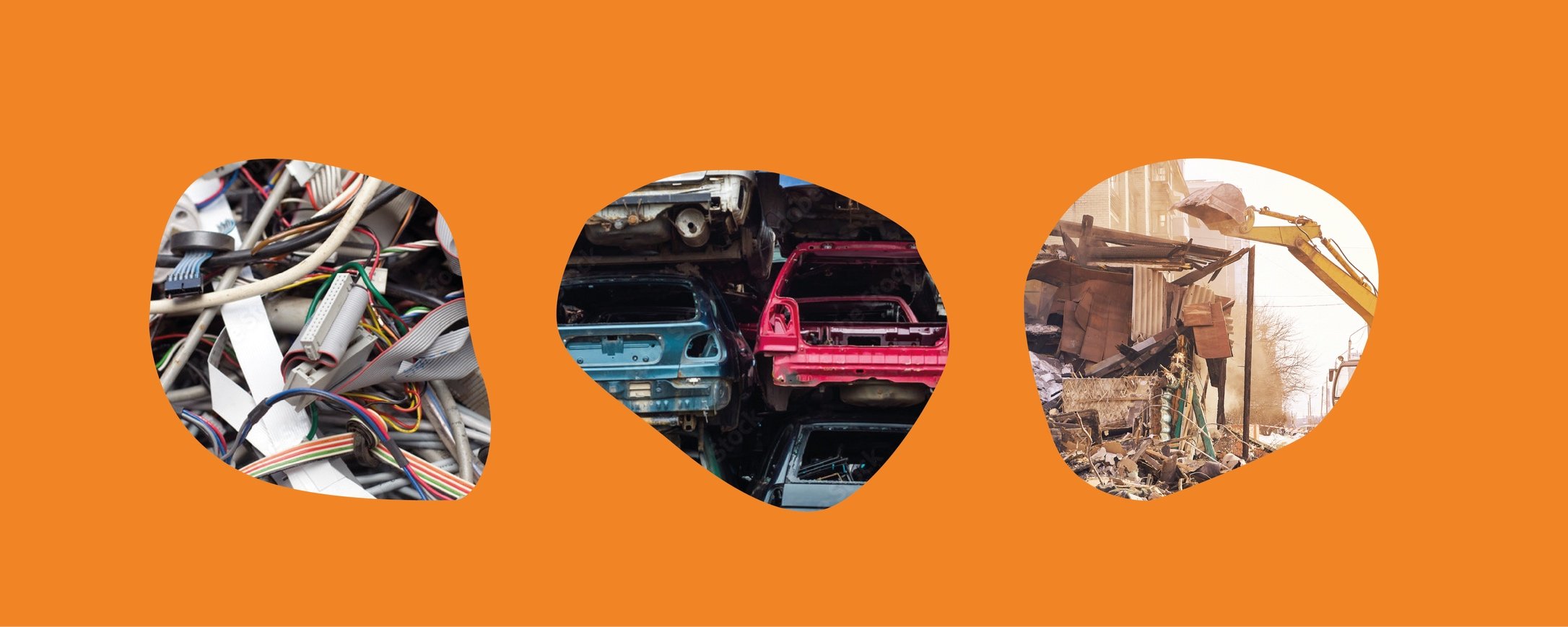
Ecodesign for hazardous plastics
Plastics form one main portion of industrially produced materials, and of annually produced waste. Unfortunately the way we currently design, produce, utilize, and dispose of plastic remains unsustainable and inefficient. Of the plastics produced in Europe, less than 30% is recycled. Plastic waste degradation may release hazardous chemicals and is the main source of microplastics.
NONTOX (2019-2022) is an EU Horizon 2020 project that is studying recycling technologies to improve the recycling of plastic generated from e-waste (WEEE), end-of-life vehicles (ELV), and construction and demolition (CDW) sector. The waste streams contain often hazardous additives such as Persistent Organic Pollutants (POPs) or undesired compounds such as flame-retardants, stabilizers, fillers, etc. For example, E- waste contains a fairly high content of brominated flame retardants (BFRs).
NONTOX also focuses on technological development of pre-treatment (spectral sorting) as well as combinations of conventional and advanced recycling technologies (namely CreaSolv® and ExtruClean). The unique combination of mechanical and chemical recycling technologies imparts several techno-economic benefits over single conventional methods.
With the aim of a more circular economy, the policy landscape in the EU is evolving and at the same time new technologies are being developed. However, the ecodesign process and strategic considerations also remain relevant in steering more sustainable material use.
Challenges and opportunities along the value chain
The NONTOX project is focusing on developing technologies for recycling plastics containing hazardous chemicals. In addition, the wider value-chain for circular plastics has been considered to understand the elements that currently prevent plastics from being more widely recycled and to offer up recommendations for how these challenges could be addressed.
In approaching the role of plastics in circular economy, a report by The European Environmental Citizens’ Organisation for Standardisation ECOS (2019) lists four main recommendations to promote eco-design of circular plastics.

